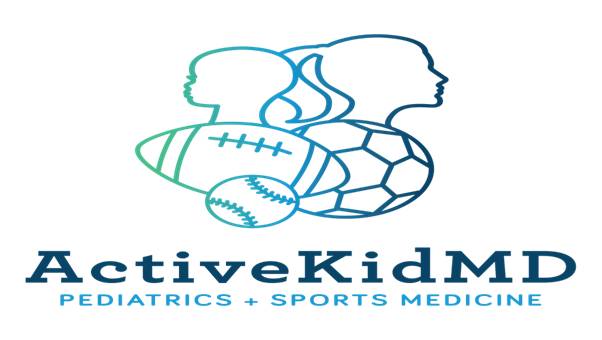Don't let coughing, wheezing, chest tightness and shortness of breath ruin exercise. Paying attention to the following tips can help reduce those symptoms.
- Exercise-Induced Asthmatics have underlying airway inflammation
- Keep good control with prescription inhaled corticosteroids or leukotriene modifiers
- Increase good anti-inflammatory foods
- Fish and fish oils
- Berries and Cherries
- Ginger, curry and spices
- Reduce wheat products and processed foods
- Pre-Activity Warm-Up Routine
- 15 minutes before start of activity
- 2 puffs of short-acting albuterol inhaler, 30 seconds apart
- 6-8 reps of 80 yards sprints at 75% speed
- This will "fool" the body into starting an asthma attack
- Once brief activity over, the symptoms "retreat" and cannot recur for 2-3 hours
- During Activity
- Have free and ready access to short-acting albuterol inhaler in case symptoms occur
- Inhaler should be carried by athlete or on the field, not stored in locker or office
- Make sure athletic trainer, coach, teammates, and others know location of inhaler
- Use of inhaler more than once a month due to symptoms with activity suggests inadequate symptom control and requires visit with medical professional to discuss asthma plan










